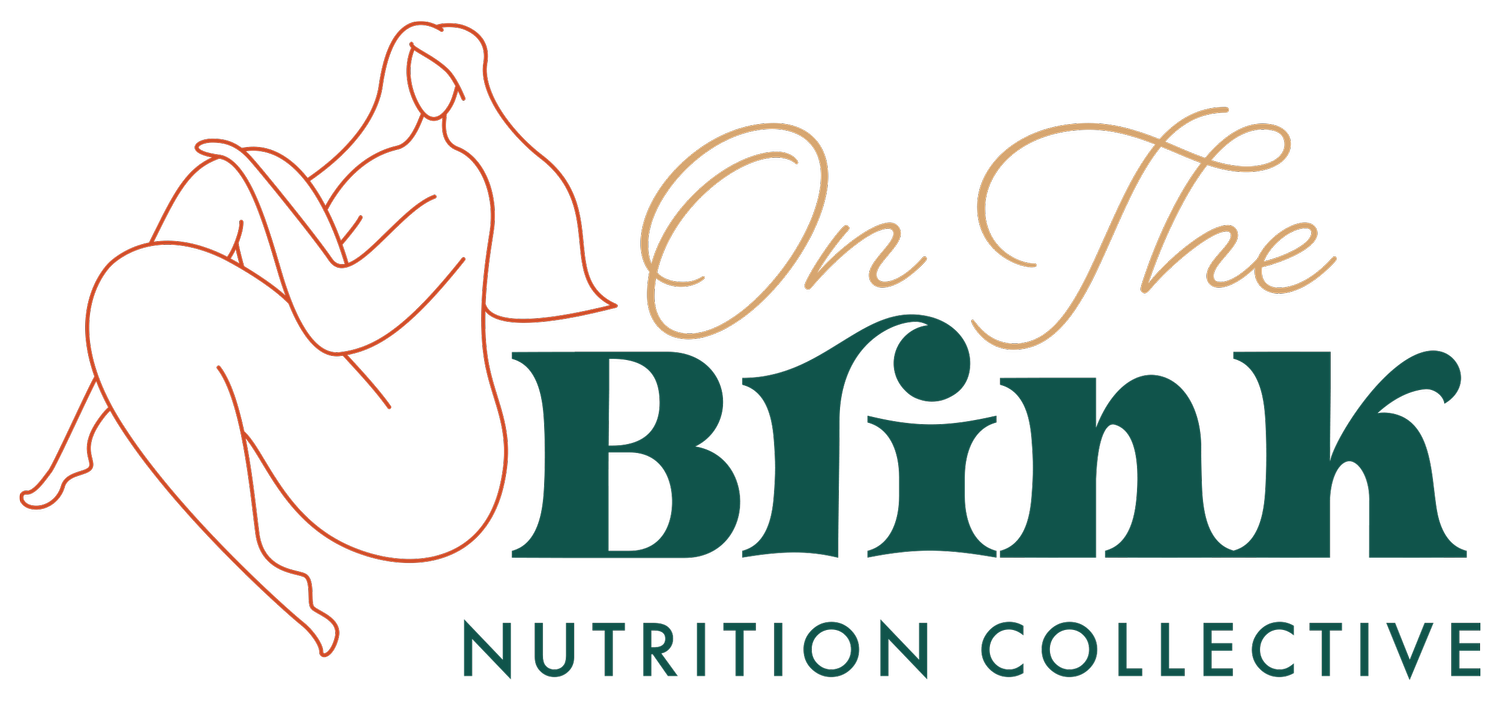Some Thoughts On Body Weight And Fatness
It’s rare to get through a day without exposure to topics regarding fear of fatness. From social media, to your family reunion, to that juicy romance novel, to government policy, the “problem with fatness” seems to be on everyone’s mind. Despite public outcries and the ever-growing diet industry (estimated worth of $71 billion in the US and $192 billion dollars worldwide), fatness is not going away.
I’d like to take this moment to tell a bigger story about weight and dieting.
Weight does not equal health.
Our society is under the impression that thin equals healthy and fat equals unhealthy. This is false. There are people who are thin and unhealthy and fat and healthy (and vice versa). You cannot determine a person’s health by looking at the outside of their body. Case in point: There is not one disease that only affects fat bodies.
Focusing on weight loss (weight-normative approach) is ineffective and potentially harmful to health.
There are high rates of weight regain and cycling from weight loss interventions, which are linked to adverse health and well-being. Tylka, T et al (2014).
Body weight is defended by a powerful biological system.
Our wise body that reacts to a negative energy balance by lowering metabolism (hormonal adaptation) increasing hunger, increasing food preoccupation, and enhancing hedonic responses to food (see the Keys study – full detail and a colorful review).
Weight is not a modifiable risk factor.
Around 60% of people fail to lose a clinically significant amount of weight and for those who do lose weight, around 80% gain it back over 5 years.
Weight is not a behavior.
I work in the field of eating disorder prevention and recovery which means I’m in the business of behavior change and equipping folks with skills and resources to find solutions to support change. Everyone deserves strong, effective solutions that treat the whole person and acknowledge and respect diversity.
If not weight loss, then what?
We can improve health behaviors that reduce risk and help manage disease in a number of ways independent of weight loss. By focusing on weight, and asking people to keep doing the same thing they have tried and failed at numerous times is careless at best and unethical at worst. I think it was Einstein who said, “The definition of insanity is doing the same thing over and over again, but expecting different results.” Asking people to diet over and over again takes people further from health and closer to suffering and mental anguish.
I’m just scratching the surface with this research. And even the most rigorous research is tainted with bias.
Let’s talk about real people in the real world.
Perhaps you have been fat-shamed.
Dieting makes a lot of sense in the name of safety and respect. I see you. There are more options for you to gain safety, dignity, respect, and even health that does not require you to be hypervigilant with energy restriction and punishing exercise.
Perhaps you are enjoying the benefits (belonging, safety, dignity, increased social currency and power) after losing a significant amount of weight from dieting.
You are hanging on by a thread, waiting for the other shoe to drop. It can feel impossible to explore food freedom. I see you. You deserve flexibility. You’ve got options and there are people doing this work alongside you.
Perhaps fatphobia is so deeply woven into you that you are blind to it.
You cannot possibly conceive of viewing the world from any other lens. That people in fat bodies somehow pollute our moral fabric. Disgust towards fatness feels right. I see you. We don’t get to change our automatic reactions. I invite you to bring awareness to and exchange your fear/disgust/discomfort/confusion for someone else’s dignity and liberation.
Body Dignity Statement of Intention
My promise to you
I, as a healthcare provider, especially as a person with unearned privilege, am obliged to show up to those who are at the receiving end of careless healthcare interventions and harm (bias, stigma, and dangerous interventions). To speak truth. To tell the bigger story. To look for points of connection.
An invitation to all
The work of preventing eating disorders and helping people heal their relationship with food and their bodies means healthcare workers, parents, teachers, and politicians must be dedicated to exposing diet culture as a system of oppression with roots in racism, misogyny, ableism, and other harmful systems. We need to address the external factors that act as barriers to health including healthy eating, active living, but also access to healthcare, good schools, green space, and other social determinants of health.
This work is political in that it takes more than one person to dismantle systems.
This work is spiritual. It effects both the individual and collective human spirit.
Separateness is an illusion.
We belong to each other.
Join me in accepting body diversity. Together we can find creative, sustainable, and humane solutions for a healthcare perspective and approach that everyone—regardless of size, shape, skin color, sexual orientation, or any other identity—can truly find wholeness and healing.
